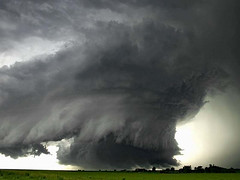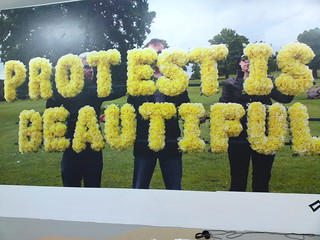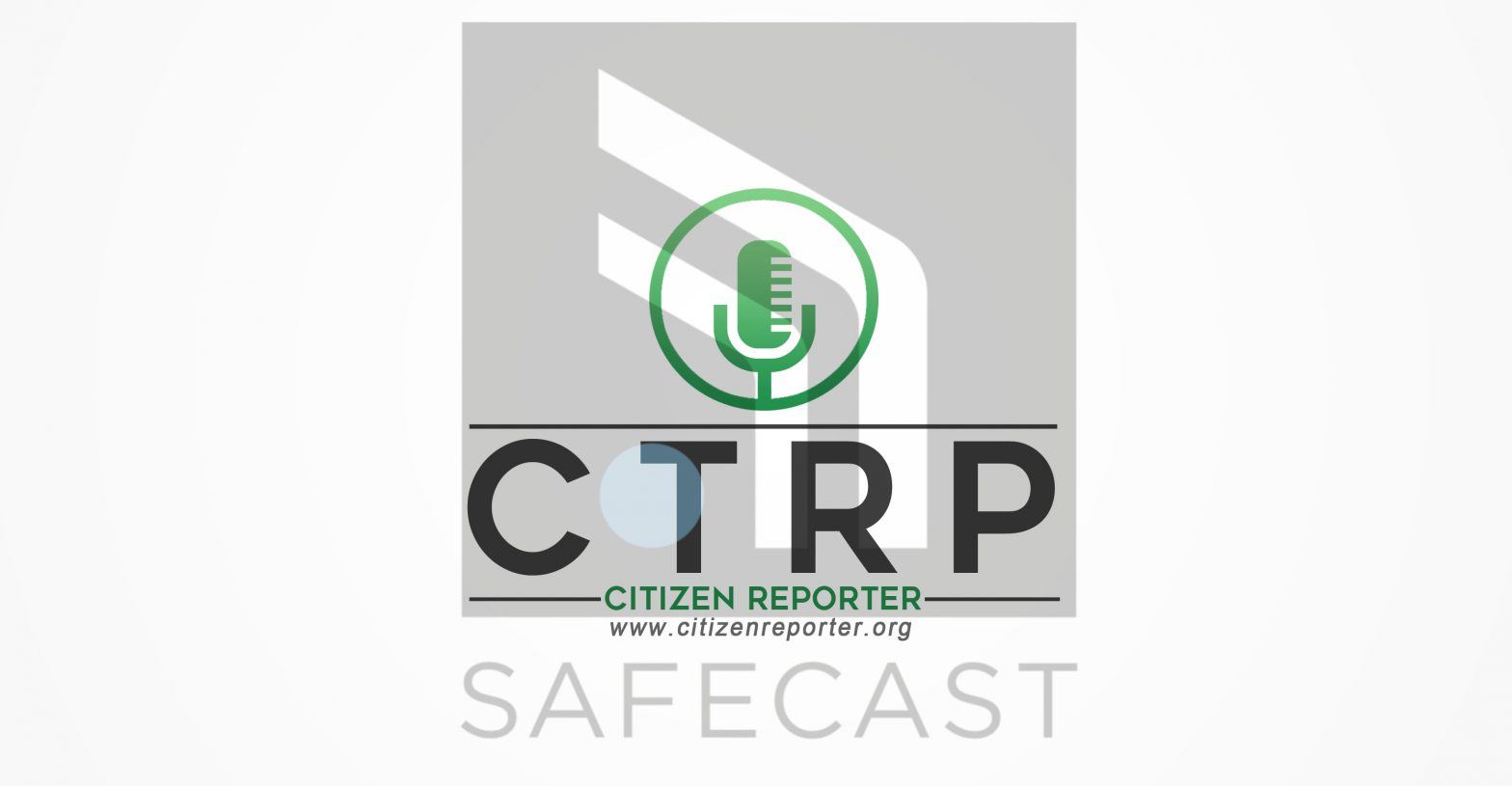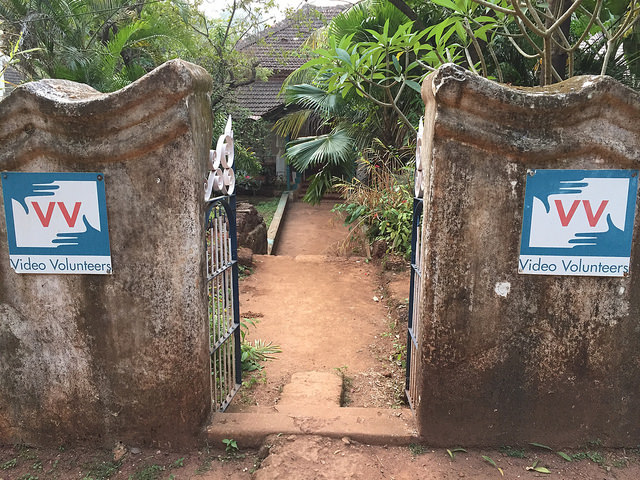One of the most interesting and innovative global projects based in Tokyo is Safecast and who better to explain it than one of the most interesting and innovative people I know: Sean Bonner! I visited him at Safecast HQ in Tokyo and he explained not only what the project is, but also how it impacted his life as a new resident of Japan.
Tag Archives: activism
Video Volunteers: Stories From The India You’re Not Supposed to Hear About
While there is much pride about India as a democracy where people have rights and representation, there is also another side of India which domestic and international media rarely hear about – the marginalized groups of this vast country (think geography, caste, class, ethnicity, gender, and more).
 Since 2003, Video Volunteers has been daring to challenge the status quo of media within Indian democracy, helping train and amplify video reporting by members of communities that are considered by those in power as unimportant, weak, or inferior. Today on the program we’re in Goa, at the headquarters of Video Volunteers listening to founder Jessica Mayberry explain what the organization has been up to; their successes, goals, and challenges that have come along with helping these embattled voices be heard.
Since 2003, Video Volunteers has been daring to challenge the status quo of media within Indian democracy, helping train and amplify video reporting by members of communities that are considered by those in power as unimportant, weak, or inferior. Today on the program we’re in Goa, at the headquarters of Video Volunteers listening to founder Jessica Mayberry explain what the organization has been up to; their successes, goals, and challenges that have come along with helping these embattled voices be heard.
Fun fact: Back in 2010 we spoke with Stalin of Video Volunteers on this very podcast, listen to that show here.
The Coincidences and the Big Picture
 I’m probably a very annoying person to deal with on a daily basis, especially when I’m doing my typical “big picture” speeches and appreciating the life I’ve carved out for myself knowing full well how many do not get to enjoy, travel, try… as I have. I’m not sure what turn of events, what influential person or piece of media that I ever heard/read/watched, that made me someone that continuously comes back to one conclusion: despite some slim odds and all the factors that could have played out differently, I have arrived (as have so many of us) at this point in my life doing things I love to do, having people in my life (near and far) that I’m honored to know, and in reasonably good shape as far as the essentials of life go. Although much of the world seems so busy and eager to move past these types of observations, just as quickly as someone might be about to click away from this text, I think the ability to see it – especially at difficult moments- is something that needs nurturing.
I’m probably a very annoying person to deal with on a daily basis, especially when I’m doing my typical “big picture” speeches and appreciating the life I’ve carved out for myself knowing full well how many do not get to enjoy, travel, try… as I have. I’m not sure what turn of events, what influential person or piece of media that I ever heard/read/watched, that made me someone that continuously comes back to one conclusion: despite some slim odds and all the factors that could have played out differently, I have arrived (as have so many of us) at this point in my life doing things I love to do, having people in my life (near and far) that I’m honored to know, and in reasonably good shape as far as the essentials of life go. Although much of the world seems so busy and eager to move past these types of observations, just as quickly as someone might be about to click away from this text, I think the ability to see it – especially at difficult moments- is something that needs nurturing.
Can everything change suddenly? – Of course. Are there worries? -I’m a citizen journalist in the year 2012; there are worries. Have there been set backs and tragedies? I think we’ve all had them, though again I feel fortunate having learned about and seen how bad things can be and are for so many in this world. Beyond all that – is it enough to just dwell on the big picture of fantastic coincidences that have led to a certain degree of satisfaction on a personal and work level? Probably not.
But still, as so many astute observers have stated, there is much beauty to be seen and experienced in this world. Sometimes it is right there in front of us, and we choose not to look or we lack the ability to see it, especially during moments of weakness. Think about the series of events that took place before you read this text today, and all the other factors that could have stopped you from reading it, but somehow didn’t come in to play this time. I believe there is something to be said for the good chain reactions of life. Maybe it is the power to recognize them and enjoy them, that helps us individually and collectively, find responses to the many challenges and problems of our world.
Security and Ethics for Activism

In the post-Arab spring/occupy world we’ve seen a call to action for more tools to help acitivists do what they do. We’ve also seen a hodge-podge of tools being rolled out and touted as just what activists need. But security minded observers are not impressed. In fact, in some cases, they’re horrified. In this podcast, which is plagued by a previously undetected Berlin wind, Eleanor Saitta sits down with me to go over the aspects of security and ethics that everyone involved should keep in mind as we develop and implement communication strategies for organizations and activists around the world.
Sacred Cows of Protest Culture
 In my formidable years as a university student and an activist, I happily attended any and all protests I could. To this day you might catch me bragging about the effects of tear gas and the importance of having a gas mask. I tried, using what means were available to me, to carry on the tradition I learned about in history books and through personal stories from previous generations- those who had protested before me. There is a great sense of pride and belonging that comes with engaging in such activities despite the occasional risks and tremendous odds one often faces. (Pro-East Timor Independence protests in the late 90’s were interesting but, admittedly, small)
In my formidable years as a university student and an activist, I happily attended any and all protests I could. To this day you might catch me bragging about the effects of tear gas and the importance of having a gas mask. I tried, using what means were available to me, to carry on the tradition I learned about in history books and through personal stories from previous generations- those who had protested before me. There is a great sense of pride and belonging that comes with engaging in such activities despite the occasional risks and tremendous odds one often faces. (Pro-East Timor Independence protests in the late 90’s were interesting but, admittedly, small)
On the other hand there is something that needs to be said about protests and carrying on some traditions that could prove extremely unpopular and unacceptable to others who are committed to fighting certain battles in a very particular way. Ill make the general statement and then explain with some detail, hoping that those who read this understand that is just my observation with no intention to insult the integrity of dedicated activists out there. – There are many protest tools that are touted as good options, that in fact accomplish hardly anything. Among them, the modern day versions of strikes, boycotts, and petitions, all once very effective, all now very hard to quantify as successful. Throughout Europe we have the tradition of the one day strike, where the next day they’re back on the job, and in the next salary negotiation they wind up losing something in a compromise; waiting out a strike becomes like waiting out a day or two of bad weather for the corporations involved. Boycotts are constantly being declared on both offline and online forums, yet with few exceptions, no boycott of anything has been successful since the days of fighting apartheid in South Africa. In the 90’s there was a Shell boycott I participated in. In the early 2000’s, a boycott of CocaCola. Decades later, neither of these companies skipped a beat and few people can remember the boycott. Then there’s the online petition, which is so easy to pass around and so annoying in your inbox. Good intentioned petitions get signed and passed around, occasionally handed to elected officials, and then what happens? Perhaps a little rhetoric and some impotent promises by a bureaucrat who makes sure to file your petition in a virtual drawer next to all the other ones.
There is still people power — make no mistake. People can still make things happen. Occasionally they have over the years. But the routine ways we protest and express grievances, despite being noble and from a great tradition – if we’re really painfully honest with ourselves, a lot of it is symbolic and ineffective. The world has changed, the circumstances have changed, and the beautiful old methods do not always apply. And not being allowed to point this out, being discredited for breaking with the time honored formula, just perpetuates all the self-congratulating, guilt relieving activities that range from the same old tired calls for a general strike to the same old tired calls to share this petition on your Facebook.
The Voice of Hanna Braun
“We’ve been here before!” Hanna Braun said to herself back in 1948 as Arab residents were expelled from Haifa. She had been a member of the Hagana before the Israeli army had been formally created – before there was even an Israel. She had escaped Germany at the height of the Nazi era, and tells marvelous tales of life in Palestine and how the dream of a secular, multicultural, state was stolen away by a select group who saw violence and hate as tools with which to build a nation. When she was old enough to fully understand what had happened, she dedicated her life to fighting injustice and increasing understanding on both sides. Hanna Braun was a friend of this podcast who taught us about a time in history and an experience that no school book has ever been allowed to publish. She passed away in November of 2011 at the age of 84. This podcast features our first ever conversation, recorded in February 2006, about her life growing up, and what led her to become such an outspoken activist and deciated humanitarian.
Her Memoir – Weeds Don’t Perish

